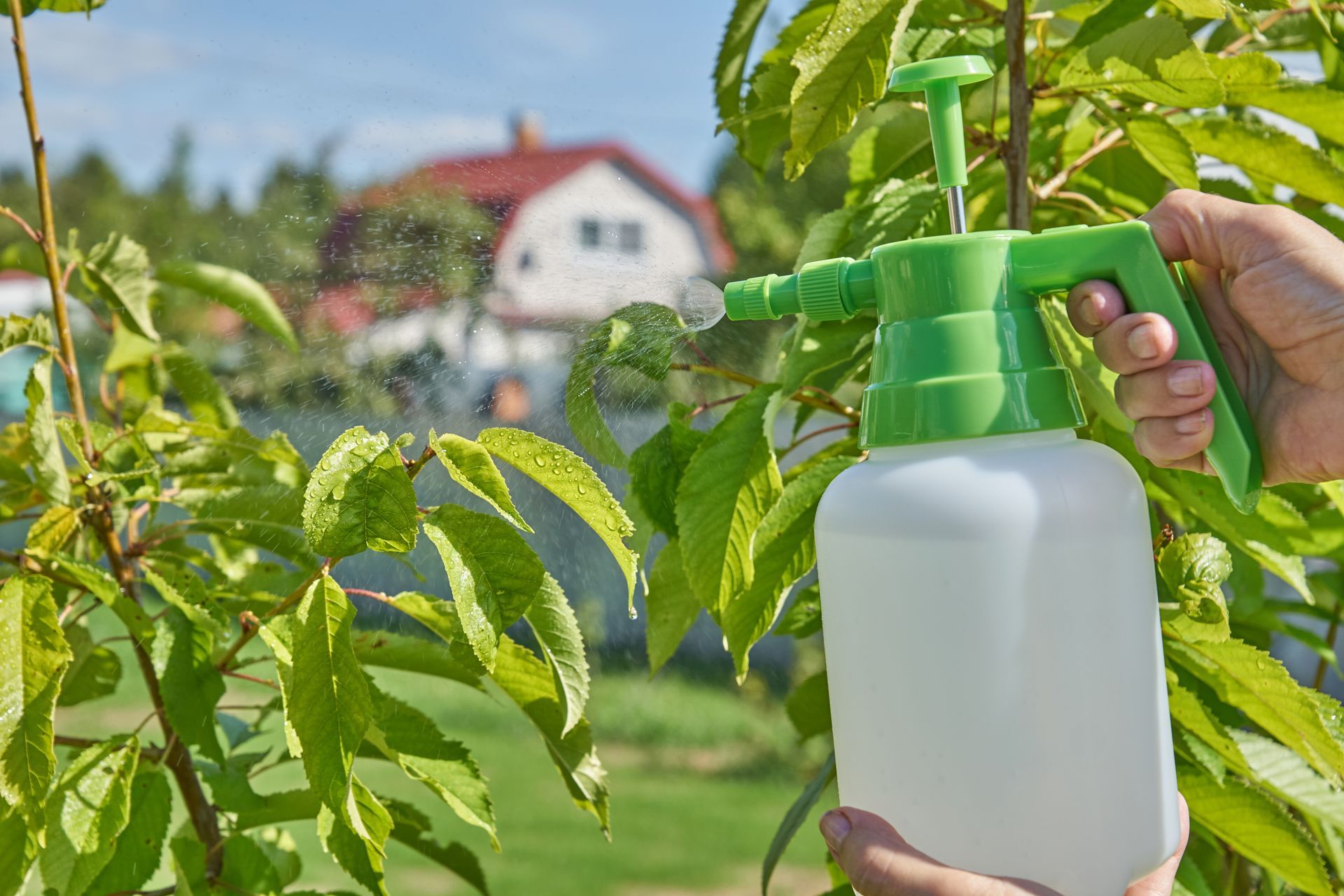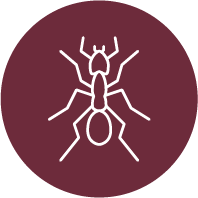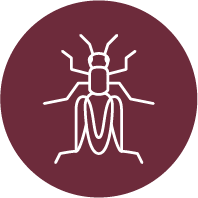Overwintering Insects: Things You Need to Know
Insects have an important role to play in nature. They help fertilize plants, keep soil fertile and full of nutrients, control the populations of other organisms, and act as food for plenty more. As useful as they are, however, many of them tend to fall squarely in the pest category when it comes to their relationship with humans. It’s not uncommon for there to be less activity in the winter, but that doesn’t mean that they are simply gone. They’re just overwintering.
What Is Overwintering?
Overwintering is a term used to describe how different animals get through winter. During winter conditions, temperatures drop, ice and snow may be present, and food may be more difficult to come by. All of that requires a change in behavior in order to survive. In many instances, animals will hibernate, migrate, or enter a state of reduced activity known as torpor. Torpor is a state of decreased body temperature and metabolic rate that makes it easier to survive times when little sustenance is available. It can sometimes be mistaken for hibernation, but it is not the same thing.
What Insects Overwinter?
Most insects will overwinter in some form or fashion. Ladybugs, beetles, ants, and more will find safe places to ride out the winter season more or less in place. Other insects, like butterflies, will migrate to warmer areas for the winter.
Where Do Insects Like to Overwinter?
Shelter from winter conditions is the most important thing insects need to overwinter somewhere. Some insects may overwinter on the ground underneath fallen leaves and plants, while others will seek shelter in tree bark. All of that is well and fine, but others will be attracted to the warmth of your home and look to overwinter there. Insects may use your home as a place to sleep the winter away or, given the relative abundance of warmth, food, and water, they may stay active all winter long. That can be troublesome, especially given the propensity that some insects have to do damage to your home.
Understanding the overwintering habits of different insects can really help when it comes to pest control. This can be a great opportunity for population control since many overwintering insects aren’t active during this time. For those that are active and have taken up residence in your home, getting help from Proterra Pest Control can be the best course of action to take.
Do you need residential pest control services? Proterra Pest Control has you covered all year long. Click here to learn more about what we do to protect your home from pests.
















